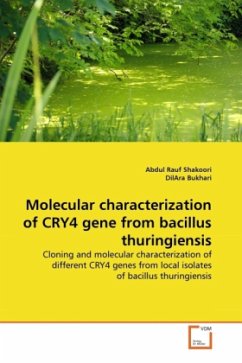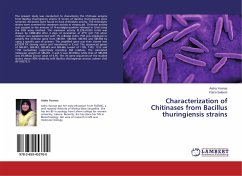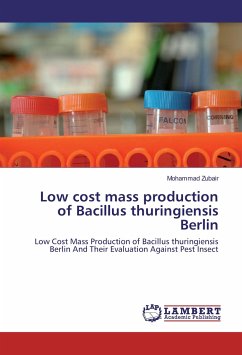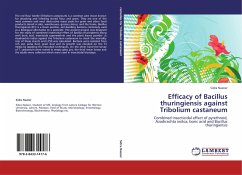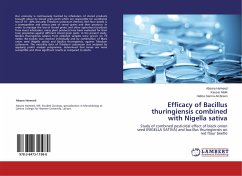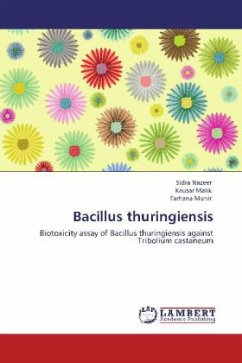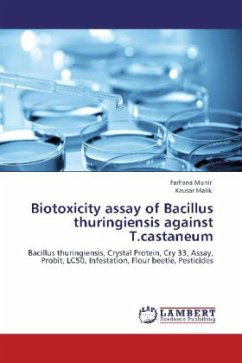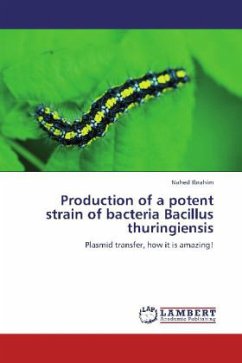Synthetic insecticides have been effectively used during past several decades to control variety of insects and crop pests. The use of chemical insecticides has been greatly impeded due to development of physiological resistance in the vectors, environmental pollution and harmful effects on beneficial non-target animals. Therefore, the need of alternate, more effective and environment-friendly control agents became imperative.In this study,out of twenty two B.t isolates from the soil, six were found significantly toxic to 3rd instar larvae of Anopheles stephensi. One isolate SBS B.t 45, which was found to be most toxic, harbored all Cry4 proteins viz., Cry4A, Cry4B, Cry4C and Cry4D. The recombinant purified Cry4A and Cry4B proteins of this isolate were 3660, 500, 1160, and 2 folds for Cry4A, and 2555, 349, 1005 and 2 folds for Cry4B, more toxic to mosquito larvae when compared with their respective spores, total B.t. cell proteins, organisms transformed with cry4 genes, and isolated recombinant crude proteins of organisms transformed with cry4 genes, respectively. These isolates have strong potential to develop into a biopesticidal formulation for control of mosquitoes.
Bitte wählen Sie Ihr Anliegen aus.
Rechnungen
Retourenschein anfordern
Bestellstatus
Storno

